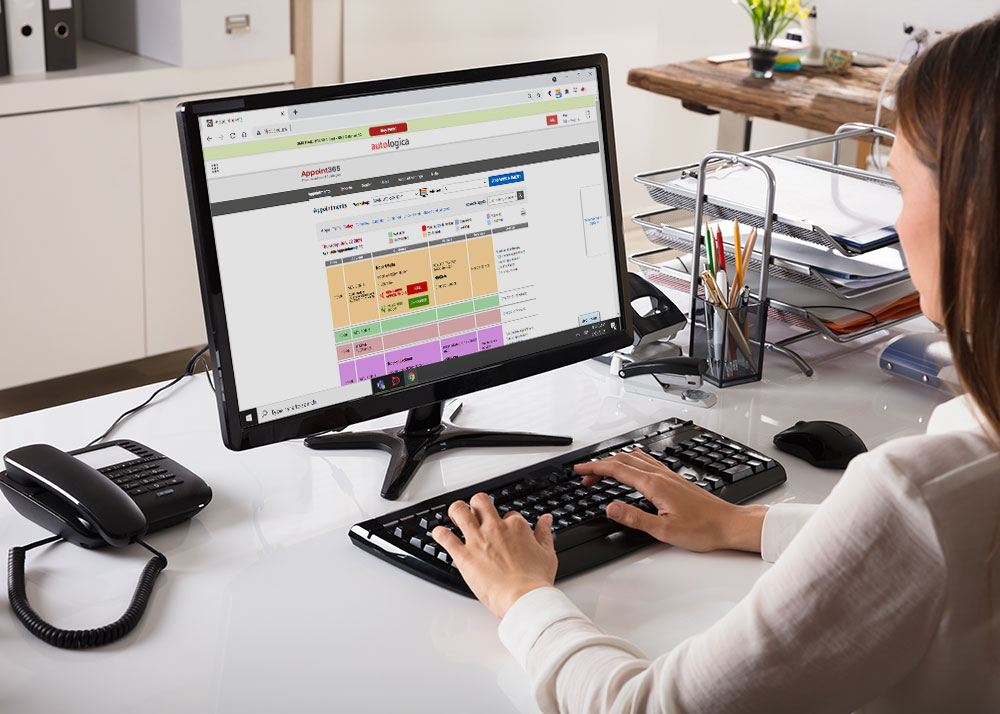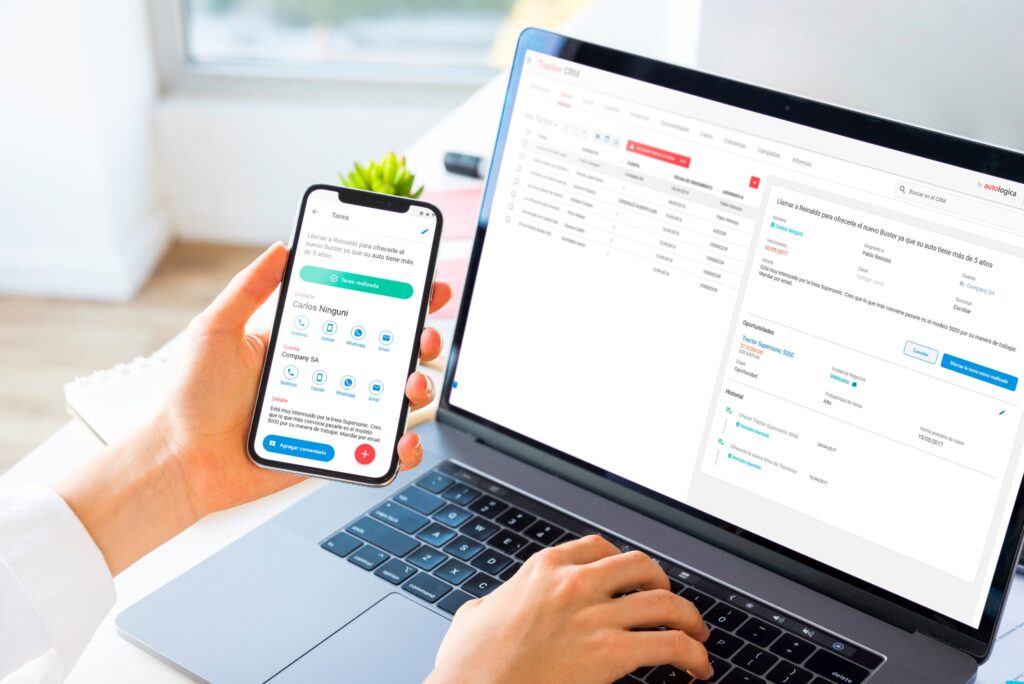This need must be taken as an opportunity to implement different strategies and make changes that strengthen the after-sales department and allow it to have maneuverability to face different scenarios: the emergence of EVs that will demand fewer services; sales/agency models proposed by some OEMs; and the changes in customer habits who today have other demands and needs; among others.
With this in mind, there are various strategies that can contribute to adding value to the dealership’s after-sales.
Key Points:
- Offer a digital experience
- Audit the vehicle reception process
- Anticipate customer needs
- Build relationships
- Become more efficient
Offer Digital Experiences
No one calls a restaurant to place an order. A large percentage of everyday items are purchased through apps. Vehicle owners expect the same convenience when they need a service.
It becomes essential to have a web-based alternative that satisfies what customers are looking for… and what are they looking for? They want to:
- Request appointments in minutes.
- Choose the services they want from a list of options.
- Identify additional services that can be done during the workshop visit.
- Select the most convenient time to bring in the vehicle.
- Have the option for door-to-door vehicle pickup.
- Receive confirmations and reminders.
It is easy to solve these needs. Here is an option widely used by dealers who use Autologica Sky DMS.

Audit the Reception Process
The interaction between service advisor and customer is a valuable opportunity to offer a professional image, advise the customer on other possible services, and reassure them that they will soon be able to use their vehicle again.
How can this interaction be enhanced?
- The importance of the meet and greet. A personalized reception generates a more pleasant, attractive, and loyal experience.
- Automate reception processes. Having tools that help streamline the reception process allows for efficient work in less time, saving time that can be invested in offering other services and parts.
- Why not offer tires? According to exhibitors at NADA 2024, 70% of customers buy tires from the first person who offers them.
- Engage the customer for the next appointment. This is achieved through training advisors as well as cashiers. To see if it’s working, you can measure the indicator of “Number of repair orders closed per day that have a next appointment reserved.”

Anticipate Each Customer’s Needs
After-sales in dealerships often has a reactive role: it is the customer’s will and need that generate tasks (scheduled services, accidents, breakdowns, etc.). However, having a proactive attitude is what distinguishes good after-sales from excellent.
Intelligent management tools cross-reference data for each customer to detect the best time to call them and offer them a service. Having these types of tools is a differential factor; it helps to always be present in the customer’s mind and, most importantly, it is an automated sales generator.
Use service marketing solutions, integrated with your DMS, to enhance the relationship with each customer from the first kilometer with their new vehicle until they decide to change it.
Build Relationships
The sales department generates new business relationships, and the after-sales department nourishes and preserves them. Therefore, it is crucial to offer differential experiences to the customer; leading consumer brands focus on generating loyal customers, and the same applies to dealerships.
What generates engagement is the extra effort provided in each relationship, everything that the customer doesn’t expect but appreciates.
- Having useful information about each customer, such as birthdays, preferred vehicles, family composition, history of previous interactions, vehicles owned, etc., are data that compose a customer profile and contribute to showing them that they are not just another customer, but a valuable person for the brand.
- Advisors, not just salespeople. A vehicle is vital in the owners life, and often they don’t have the time or knowledge to know what type of care or checks to perform. This is an opportunity to contribute by educating them about vehicle health, offering services, and demonstrating genuine interest and expertise.
- Analyze behaviors. Today, data analysis tools let you obtain key information to know when a customer is loyal and chooses the dealership for servicing their vehicle, and when they stop doing so. This information is vital to schedule campaigns to contact the customer before they stop responding to our messages.
These points can be easily addressed with a dealer-specific CRM and data analysis tools. Tracker CRM and Autologica Analytics are two options from Autologica Sky DMS that can help.

Become More Efficient
Being efficient translates into a better experience for the customer: jobs well done, on time, without delays, without surprises.
Habits that generate daily improvements:
- Start measuring the hours used in each job: to do this, you can implement tools designed for this purpose, like Job Clock.
- Improve processes: To reduce delays and unproductivity, it is necessary to identify root causes and then correct and modify work processes.
- Training technicians: Trained employees work faster on each unit.
- Incentives: A reward plan for technicians who meet their time objectives encourages more efficient work with a minimal monetary impact.
Without a doubt, the dealership’s after-sales will be a protagonist and a sales driver in the emerging scenario. This is the ideal time to prepare.


